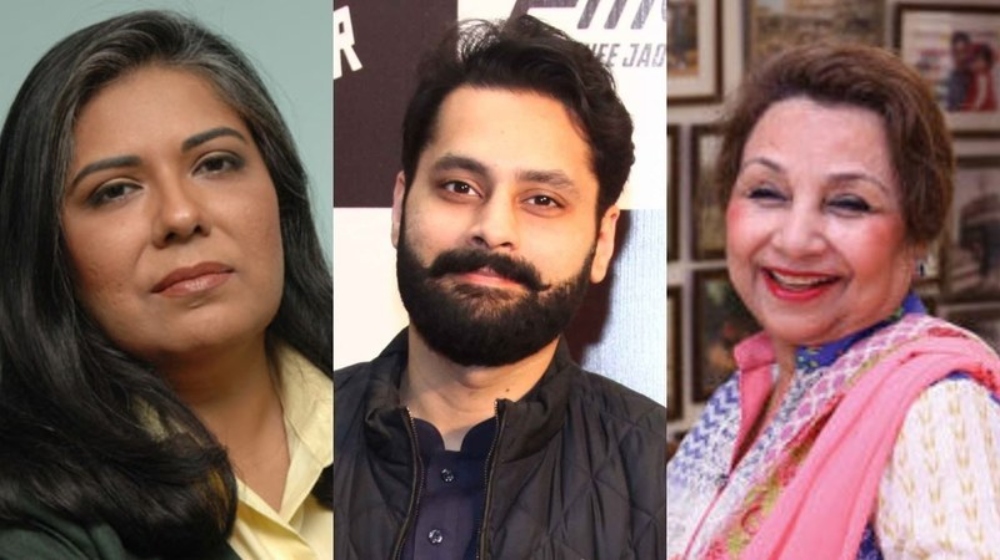A few days ago, The Arts Council of Pakistan organized a panel on feminism. Only one problem. All the participants were male. You know what happened next/
After facing immense backlash, looks like The Arts Council finally understands why women’s voices in feminism-related discussions are important (its right there in the name!). Some people think that now they might be just saving face.
Regardless, the Arts Council of Pakistan finally added two women to its formerly all-male feminism panel.
Who is in?
Rather than film-maker Nabeel Qureshi, now the panel features Mehtab Akbar Rashidi and Quatrina Hosain. Meanwhile, we have Uzma Al–Karim as a moderator.
Hello all, We are now re-framing the event and including a more diverse group of speakers. Requesting all of you to attend as your participation will add value to the conversation around understanding "feminism” together. pic.twitter.com/CYbv4NApp1
— uzma alkarim (@uzmaalkarim) November 20, 2019
ALSO READ
Kumail Nanjiani Blames Toxic Masculinity for World Problems
After a panel on feminism was dubbed a ‘manel’, and accused of making men hijack the movement, the organizers made amends. The panel, formerly titled ‘Feminism: The Other Perspective‘, has now been renamed ‘Understanding Feminism‘.
Social activist Jibran Nasir tried to explain that basically a all-male feminism panel was to get more men on board with the importance of feminism.
“The panel is about men talking to other men about rethinking masculinity and why as men we need feminism. It wasn’t to explain feminism or talk about women issues as men.”
Removing women from a discussion on feminism in order to accommodate men brings us back to square one. We believe that for any such initiative to succeed, men need to listen to women. This is why its important that both genders are a part of decision making. After all, women comprise half of the global population.
Netizens however, still remain unimpressed.
I feel like, without context of the first iteration, this looks even worse. A mostly-male panel called "Understanding Feminism" siiiiiigggggggh
— asad (@sadizid) November 20, 2019
ALSO READ
Women Should Rape Men If They Want Equality : Khalil-ur-Rehman Qamar
People are trying to help with how this should have panned out.
in mind about a socio-political which is already misrepresented and in effect, misunderstood by even more people. Could this talk at least be balanced out by including as many women as men? Afterall, this is an attempt to "Understand" Feminism, so why take a risk at all?
— Sana Munir (@SanaMunirWrites) November 21, 2019
The problem with optics and lip-service is that it doesn’t create positive change movements strive for.
Understanding women’s rights requires greater empathy than that. Redefining masculinity is a good place to start. Understanding how problematic toxic masculinity is for men will help the male population realize it’s harmful to women too.
For now, we’ll just have to wait and see how this panel pans out.








